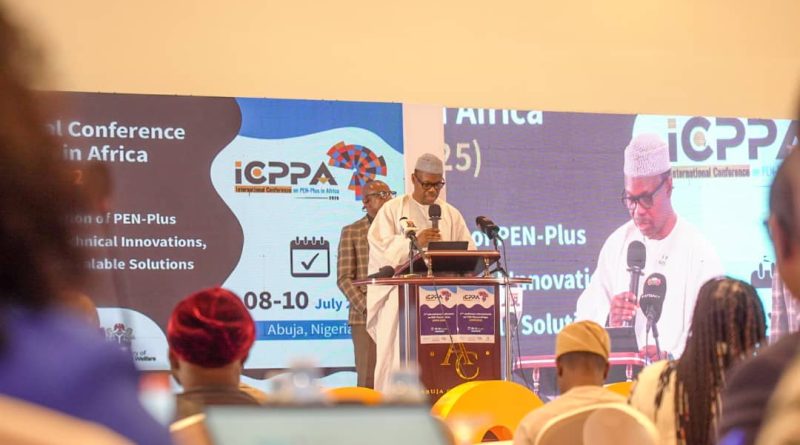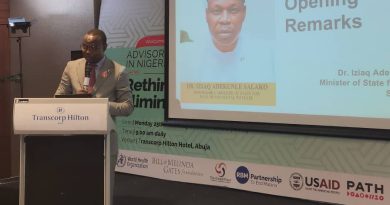Minister Calls for Improved Funding, Investment for Prevention, Control of Non-Communicable Diseases
The Minister of State for Health and Social Welfare, Dr. Iziaq Adekunle Salako, has called for improved funding and investment for the prevention and control of Non-Communicable Diseases (NDC) as well as improved access to care for severe cases in Africa. He made this call on Tuesday, July 8, 2025 at the 2nd International Conference on PEN-Plus in Africa (ICPPA 2025) which is being held at the Continental Hotel, Abuja. Speaking on the theme, “Advancing implementation of PEN-Plus for Severe NCDs in Africa: Technical Innovations, Operational Insights, and Scalable Solutions”, he noted that the strategy is to ensure access to quality, integrated and affordable care at the first referral level of care and to also strengthen two-way referral system for these NCDs as well as improved funding.
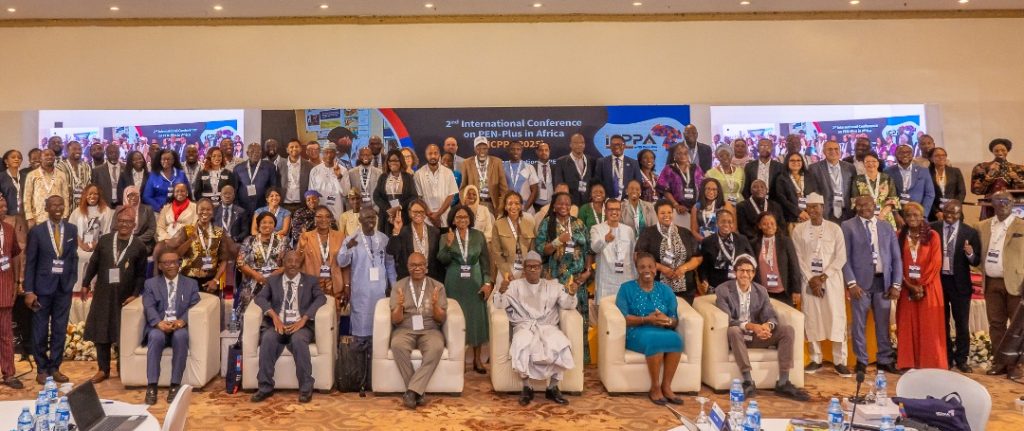
The ICPPA 2025 is a forum for high-level interface between policymakers, global and regional experts, donors, development partners, private sector representatives, civil society organizations and NCDs focal points from the ministries of health across Africa. The conference, which was designed to explore collaborative avenues to align PEN-Plus with other existing public health programmes, is built upon the World Health Organisation’s (WHO) Package of Essential NCD interventions. It is a healthcare approach to expand access to specialized care for severe, chronic NCDs at first level referral facilities in rural and peri-urban areas of low and middle income countries focusing especially on 3 severe NCDS; Type I Diabetes Mellitus, Sickle Cell Disease and Rheumatic Heart Disease for intervention.
In the last couple of years, global attention has shifted to NCDs, notably cardio-vascular diseases, cancers, diabetes, chronic respiratory disorders; and most recently mental health disorders. According to Dr. Salako, this is because morbidity and mortality from these diseases are increasing at an alarming rate with devastating impact on socio-economic development.
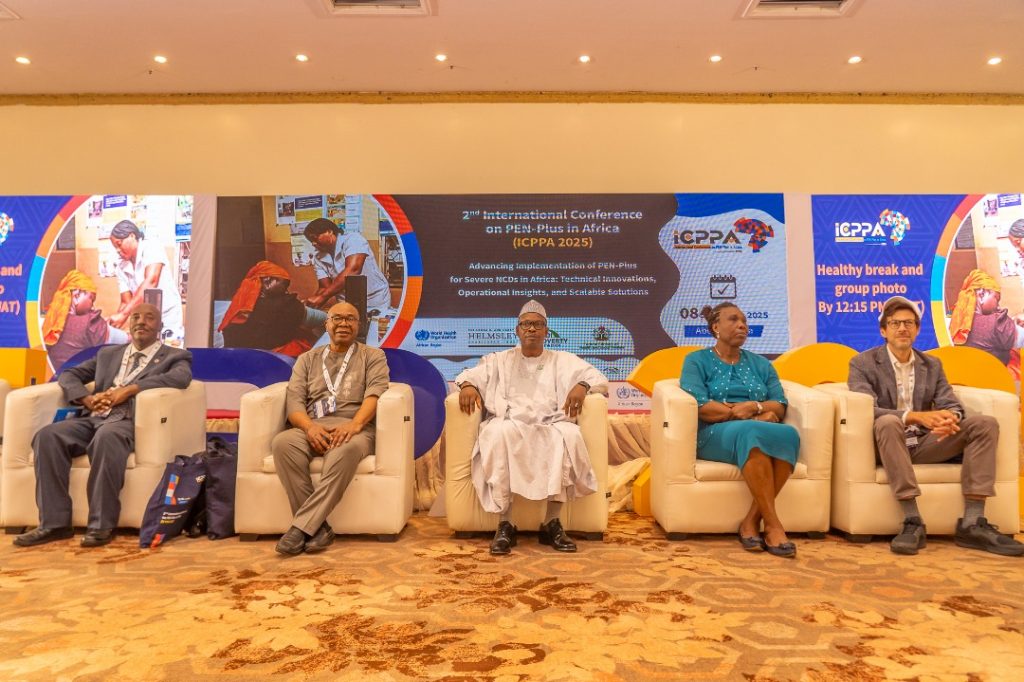
“These diseases previously erroneously believed to be diseases of the affluent is a growing health concern and increasingly becoming the leading cause of disabilities and premature deaths in WHO Africa region. NCDs are on the trajectory to surpass communicable, maternal, neonatal and nutritional diseases as the primary cause of mortality in Africa by 2030, a circumstance we need to work hard and together to deflect. Our region is of course still faced with a heavy burden of communicable diseases and injuries from wars, conflict and strifes which further compounds the strain on our health systems and our socioeconomic challenges.
“The scenario in our region today is that the burden of NCDs is higher than the global average with most suferers unaware until irreversible and fatal complications occurs. Most worrisome is the fact that younger age group in their most productive stages of life are being impacted with newborns and children not spared. Africa must therefore rise up to tackle the burden of NCDs in the continent not just as a health issue but as matter of human security, economic progress and sustainable development. Against this background, distinguished ladies and gentlemen, this conference could not have come at a better time than now, when the major drivers of NCDs are on the increase especially at the community level where majority of the populace resides. Africa situation is being worsened by limited access to comprehensive, quality and affordable health care services and significant cuts in overseas development assistance to support NCDs prevention and control programmes.”
Salako said the scenario with NCDs is not different in Nigeria from other sister African countries accounting for 24 – 30% of deaths, a substantial part in the age group 30 – 69 years.
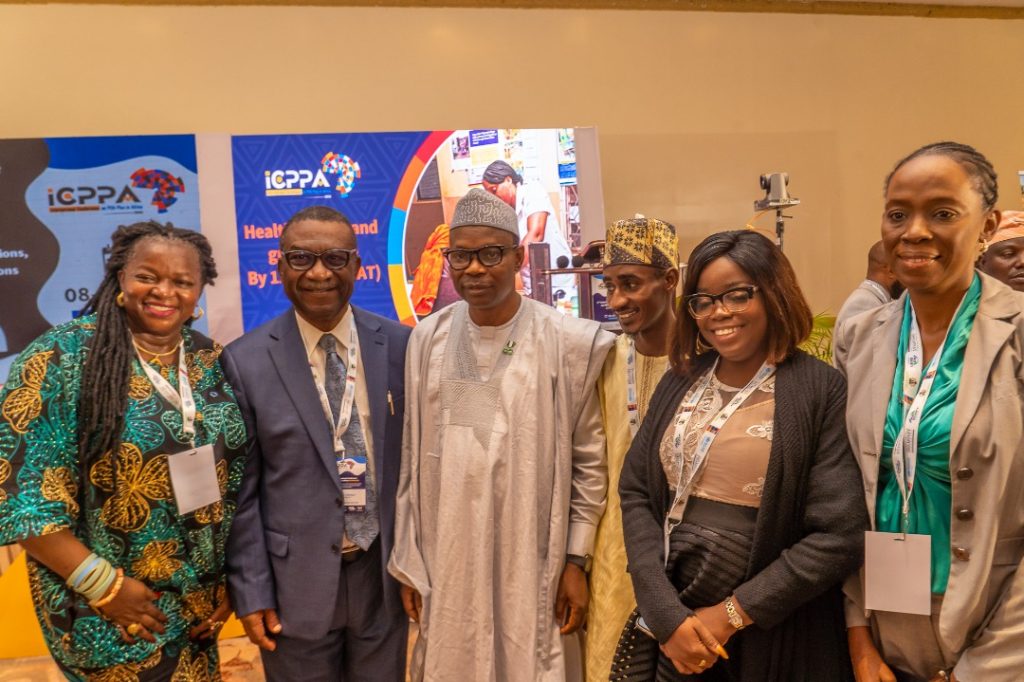
” The country has been responding to this growing challenge through policy development, strategic planning, and integrated healthcare initiatives. A roadmap in the form of the National Policy and Strategic Plan of Action for the Prevention and Control of NCDs has been developed which recognises multi-sectoral action, integration with UCH, strengthening of PHCs , capacity-building, research, data collection and awareness creation. A national policy on Task Shifting and Task Sharing for essential health care services has also been developed and is being implemented to improve access to NCDs services, especially in underserved areas. The Nigeria Essential Package of NCDs (N-PEN) intervention to address NCDs is being implemented as a pilot programme in selected Primary Health Care facilities where equipment, consumables and medication for the management of these disease conditions were distributed, in addition to training of healthcare providers.
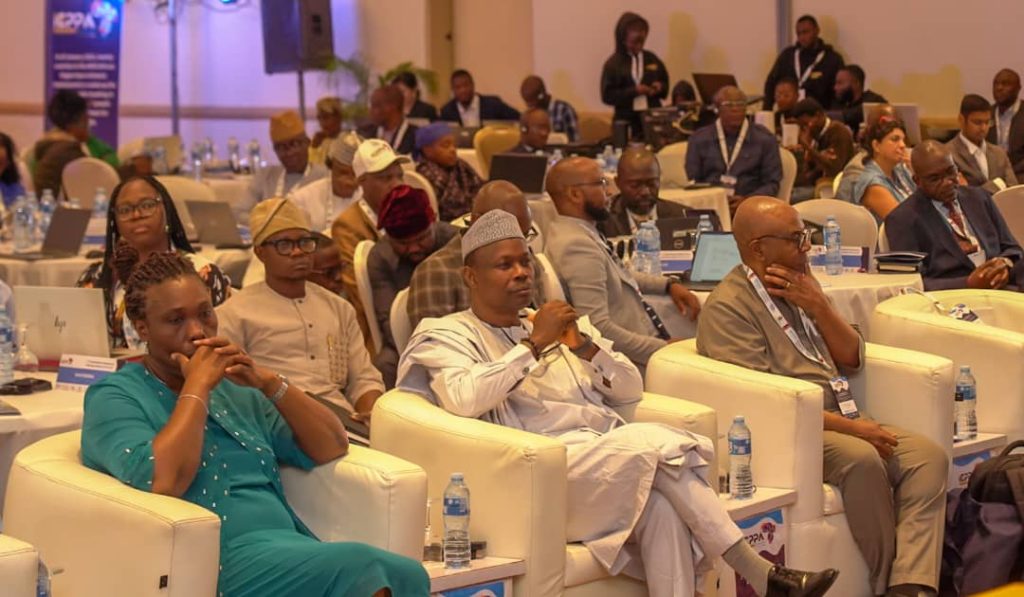
“The Federal Ministry of Health and Social Welfare with support from World Health Organization (WHO) is equally working to pilot the implementation of the Package of Essential NCDs intervention plus (PEN-Plus), focusing on children and young adults to improve access and quality of care for Type-I Diabetes, Rheumatic Heart Disease and Sickle Cell Disease at the first referral level of healthcare (secondary level care) in the country leveraging on the achievements recorded under N-PEN. This is in line with Renewed Hope Agenda of the President of my country, President Bola Ahmed Tinubu GCFR which is treating the health of all Nigerians as an urgent matter of right. My hope is that this conference will help to strengthen the implementation of PEN-Plus strategy in my country and regionally as a way to alleviate the burden of these diseases, prevent and control their complications and bring succour to persons especially children living with these severe NCDs. I urge all of us to leverage this conference as a call to action for renewed commitment to accelerated PEN-Plus implementation, strengthened collaboration and partnership, improve funding and investment for NCDs prevention and control, as well as improve access to care for severe NCDs in our different countries.”

